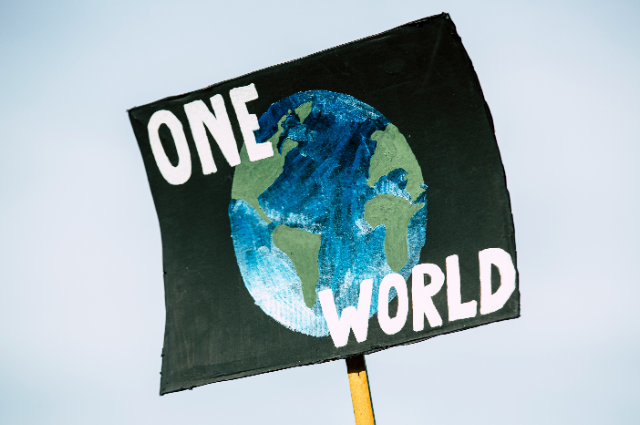
Photo by Markus Spiske on Unsplash
Climate change poses one of the greatest challenges of our time, with far-reaching consequences for communities, economies, and global stability. As temperatures rise and extreme weather events become more frequent, the socio-economic impacts of climate change are becoming increasingly evident. This article explores the multifaceted effects of climate change on society and offers actionable solutions for sustainable development in the face of this global crisis.
Implications for Communities:
Climate change disproportionately affects vulnerable communities, exacerbating inequalities and threatening livelihoods. In low-lying coastal areas, rising sea levels threaten to submerge homes and infrastructure, displacing millions of people. Inland communities face the devastating impacts of droughts, floods, and wildfires, which destroy crops, homes, and essential services. These climate-related disasters not only cause immediate loss of life and property but also disrupt long-term development efforts, perpetuating cycles of poverty and instability.
Implications for Economies:
The socio-economic consequences of climate change extend beyond individual communities to impact entire economies. Agriculture, a cornerstone of many developing economies, is particularly vulnerable to climate variability, affecting food security and rural livelihoods. In addition, climate-related disasters disrupt supply chains, decrease productivity, and increase the cost of goods and services. The economic toll of climate change is staggering, with estimated losses reaching hundreds of billions of dollars annually. Moreover, the financial burden falls disproportionately on developing countries, further widening the global economic divide.
Implications for Global Policies:
Addressing the socio-economic effects of climate change requires coordinated action at the international level. The Paris Agreement, a landmark accord signed by nearly 200 countries, represents a critical step towards collective climate action. However, translating commitments into concrete policies and measures remains a significant challenge. More ambitious emission reduction targets, increased climate financing for adaptation and mitigation efforts, and enhanced technology transfer are needed to achieve the goals of the Paris Agreement and safeguard the future of our planet.
Mitigating Climate Change - Solutions for Sustainable Development:
To mitigate the socio-economic effects of climate change and foster sustainable development, concerted efforts are required across multiple fronts. Transitioning to renewable energy sources, such as solar and wind power, can reduce greenhouse gas emissions and create new job opportunities in the clean energy sector. Investing in climate-resilient infrastructure, early warning systems, and disaster preparedness can help communities adapt to changing climatic conditions and minimize the impact of extreme weather events. Promoting sustainable agriculture practices, including agroforestry, soil conservation, and water management, can enhance resilience and food security in the face of climate variability.
Conclusion:
In conclusion, climate change poses profound challenges to society, economy, and environment, but it also presents opportunities for innovation, collaboration, and positive change. By addressing the socio-economic implications of climate change and implementing sustainable development strategies, we can build a more resilient and equitable world for current and future generations. Now is the time for bold action to combat climate change and secure a sustainable future for all.
